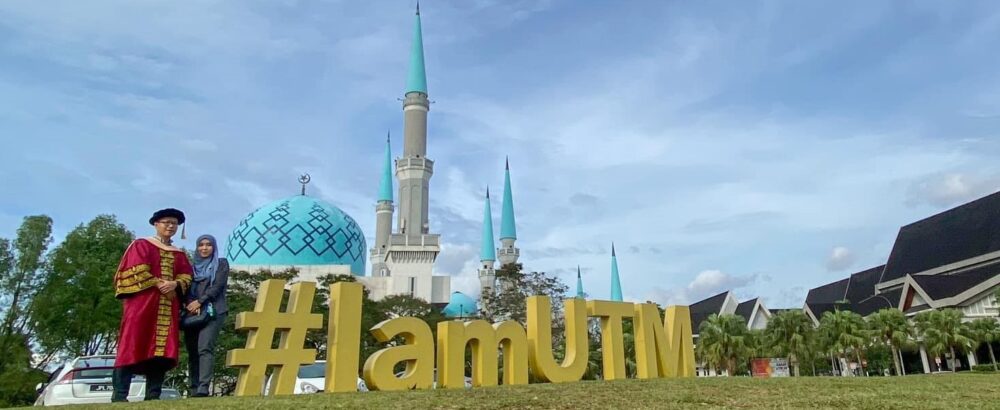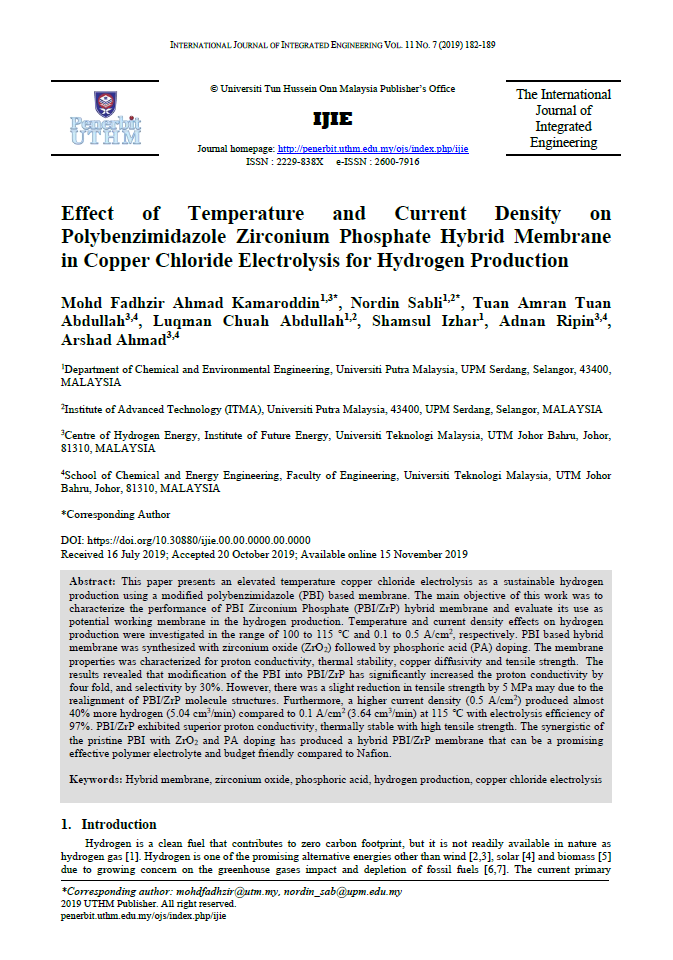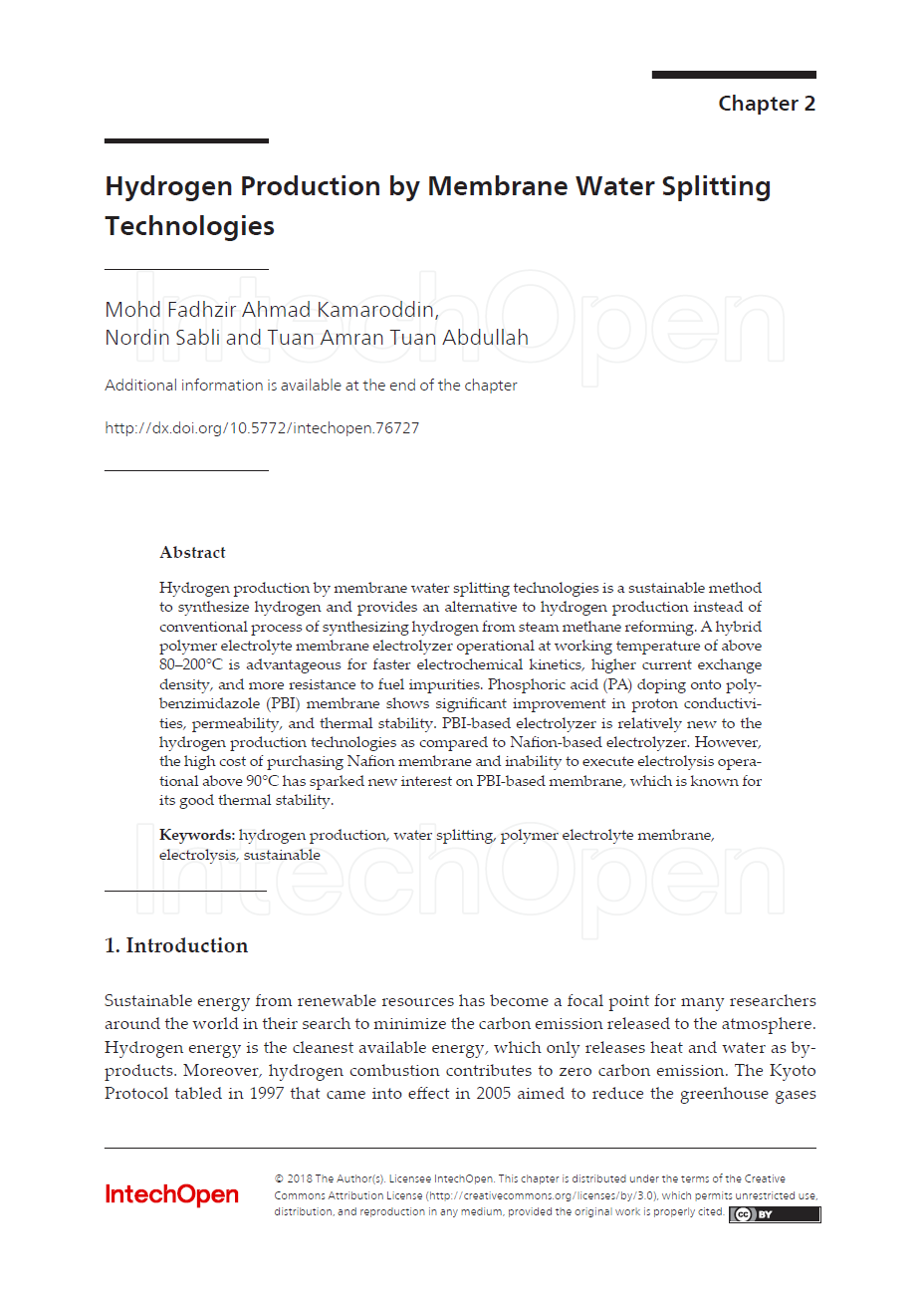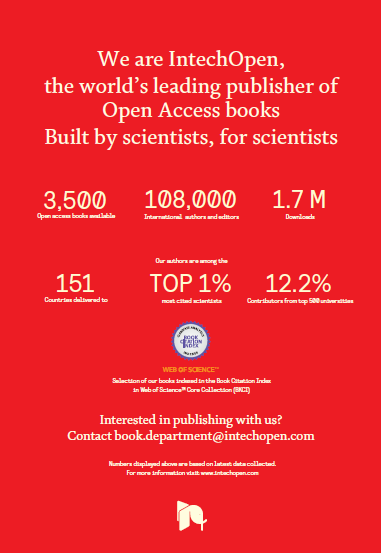 International Journal of Hydrogen Energy
International Journal of Hydrogen EnergyPhosphoric acid doped composite proton exchange membrane for hydrogen production in medium-temperature copper chloride electrolysis (Article)
- aDepartment of Chemical and Environmental Engineering, Faculty of Engineering, Universiti Putra Malaysia, Serdang, Selangor 43400, Malaysia
- bCentre of Hydrogen Energy, Institute of Future Energy, Universiti Teknologi Malaysia, Skudai, Johor 81310, Malaysia
- cSchool of Chemical and Energy Engineering, Faculty of Engineering, Universiti Teknologi Malaysia, Skudai, Johor 81310, Malaysia
- dInstitute of Advanced Technology (ITMA), Universiti Putra Malaysia, UPM Serdang, Selangor 43400, Malaysia
Abstract
A copper chloride (CuCl) electrolyzer that constitutes of composite proton exchange membrane (PEM) that functions at medium-temperature (>100 °C) is beneficial for rapid electrochemical kinetics and better in handling fuel pollutants. A synthesized polybenzimidazole (PBI) composite membrane from the addition of ZrO2 followed with phosphoric acid (PA) is suggested to overcome the main issues in CuCl electrolysis, including the copper diffusion and proton conductivity. PBI/ZrP properties improved significantly with enhanced proton conductivity (3 fold of pristine PBI, 50% of Nafion 117), superior thermal stability (>600 °C), good mechanical strength (85.17 MPa), reasonable Cu permeability (7.9 × 10−7) and high ionic exchange capacity (3.2 × 10−3 mol g−1). Hydrogen produced at 0.5 A cm−2 (115 °C) for PBI/ZrP and Nafion 117 was 3.27 cm3 min−1 and 1.85 cm3 min−1, respectively. The CuCl electrolyzer efficiency was ranging from 91 to 97%, thus proven that the hybrid PBI/ZrP membrane can be a promising and cheaper alternative to Nafion membrane. © 2019 Hydrogen Energy Publications LLC



